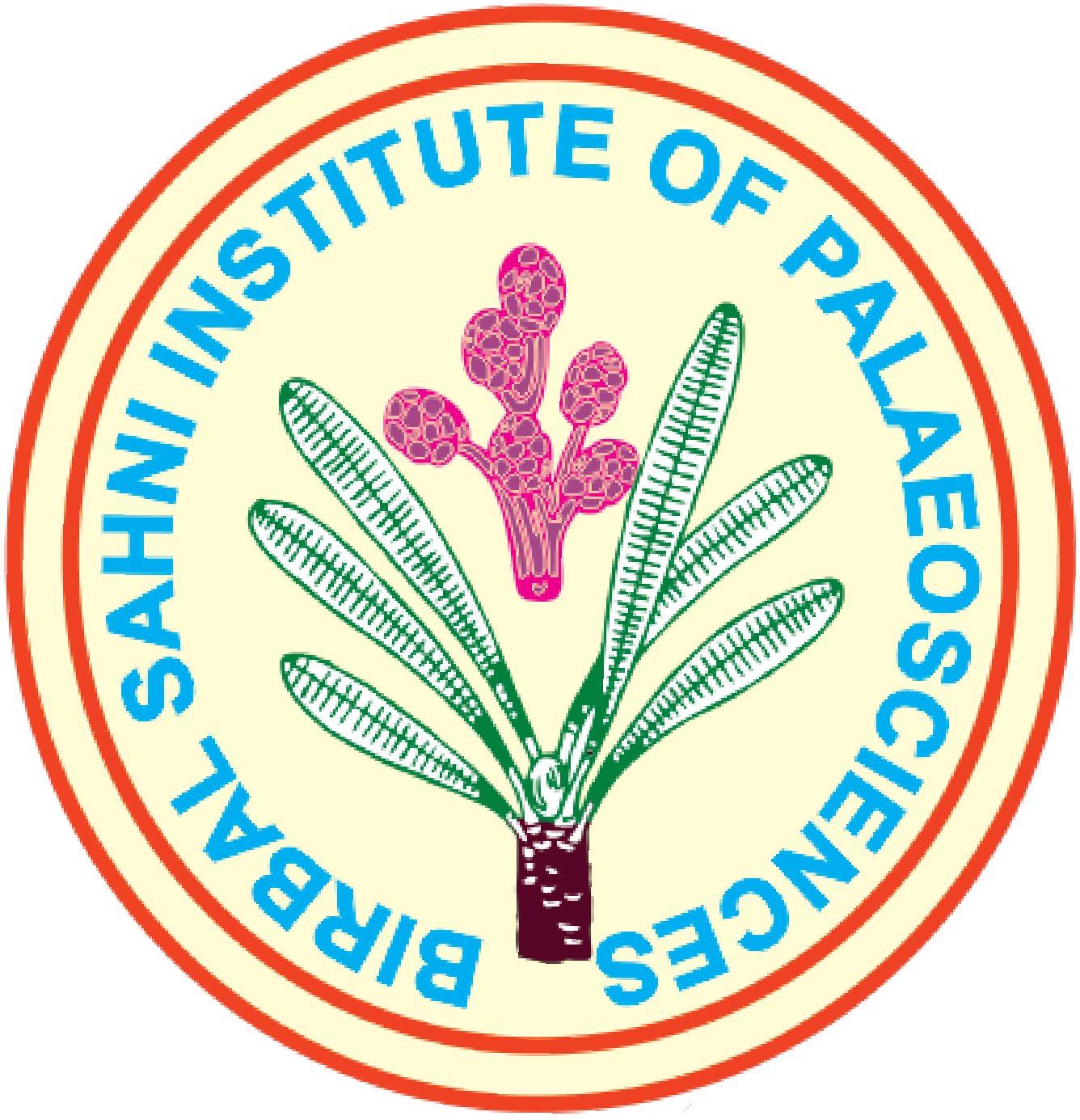Quaternary vegetational history of ootacamund, Nilgiris, South India, 1. Kakathope and rees corner
DOI:
https://doi.org/10.54991/jop.1971.889Abstract
The paper incorporates the results of pollen analytical investigations of profiles collected from Kakathope and Rees Comer, Ootacamund in the Nilgiris, South India. The study of these lake sediments has not only brought about the interesting features of the changes in the plant communities but has also reflected upon the climatic cycles during the past. The important aspect of this study concerns the formation and regeneration of shola forest.
The grasslands, as revealed by the pollen diagram from Kakathope, are the pioneer communities. The formation of shola forest commenced through gradual invasion of grasslands about 35-40,000 years B.P., and it gained optimum during 14,000 B.P. The sholas afterward declined giving pace to the grasslands.
The present day patchy distribution of sholas throughout the Nilgiris is due to the destruction of forests. The major and foremost reason affecting regeneration of sholas is climatic factor, although edaphic and biotic factors have also played a considerable role in not permitting the sholas to regenerate.
Downloads
Metrics
References
Anderson SP 1966. Interglacial vegetational succession and lake development in Denmark. Paobotanit. 15 (1-2): 117-127.
Champion HG 1936. A preliminary survey of the forest types of India and Burma. Indian For. Rec. 1: 1-236.
Erdtman G 1943. An introduction to pollen analysis. Waltham. Mass., U.S.A.
Grigg HB 1880. A manual of Nilgiri District in the Madras Presidency. Madras.
Iversen J 1941. The influence of prehistoric Man on vegetation. Daun. Geol. Unders. R.S. (6): 1-25.
Iversen J 1960. Problems of the early Post-glacial forest development in Denmark. Geol. Surv. Denmark. 4 (3): 632.
Menon VK 1966. A preliminary note on the pollen analysis of the Post-glacial deposits from Pykara. Ootacamund (India). Palyn. Bull. 2-3: 100.
Menon VK 1968. Pollen analysis of the Post-glacial deposits from Pykara, Ootacamund, India. jour. Palyn. 2-3: 1-10.
Post von L 1929. Die zeitschrift der pollen statistic. Geol. Foren Stockh. Forh. 51: 543-565.
Post von L 1946. The prospects of pollen analysis in the study of earth’s climatic history. New Phytol. 45: 193.
Troels-smith J 1960. Ivy, Mistletoe and Elm climatic indicators – fodder plants. Geol. Surv. Denmark. 4 (4): 4-32.
Vishnu-Mittre & Gupta HP 1968. A living fossil plant community in South Indian Hills, Curr. Sci. 37 (23): 671-672.
Vishnu-Mittre & Gupta HP 1971. The origin of shola forest in the Nilgris, South India. The Palaeobotanist 19 (1): 110-114.
Wadia DN 1957. Geology of India. 3rd Edition. London.
Watt G 1890. Dictionary of economic products of India. 4: London.
Willis JC 1957. A Dictionary of the flowering plants and ferns. Cambridge.
Downloads
Published
How to Cite
Issue
Section
License

This work is licensed under a Creative Commons Attribution-NonCommercial 4.0 International License.









